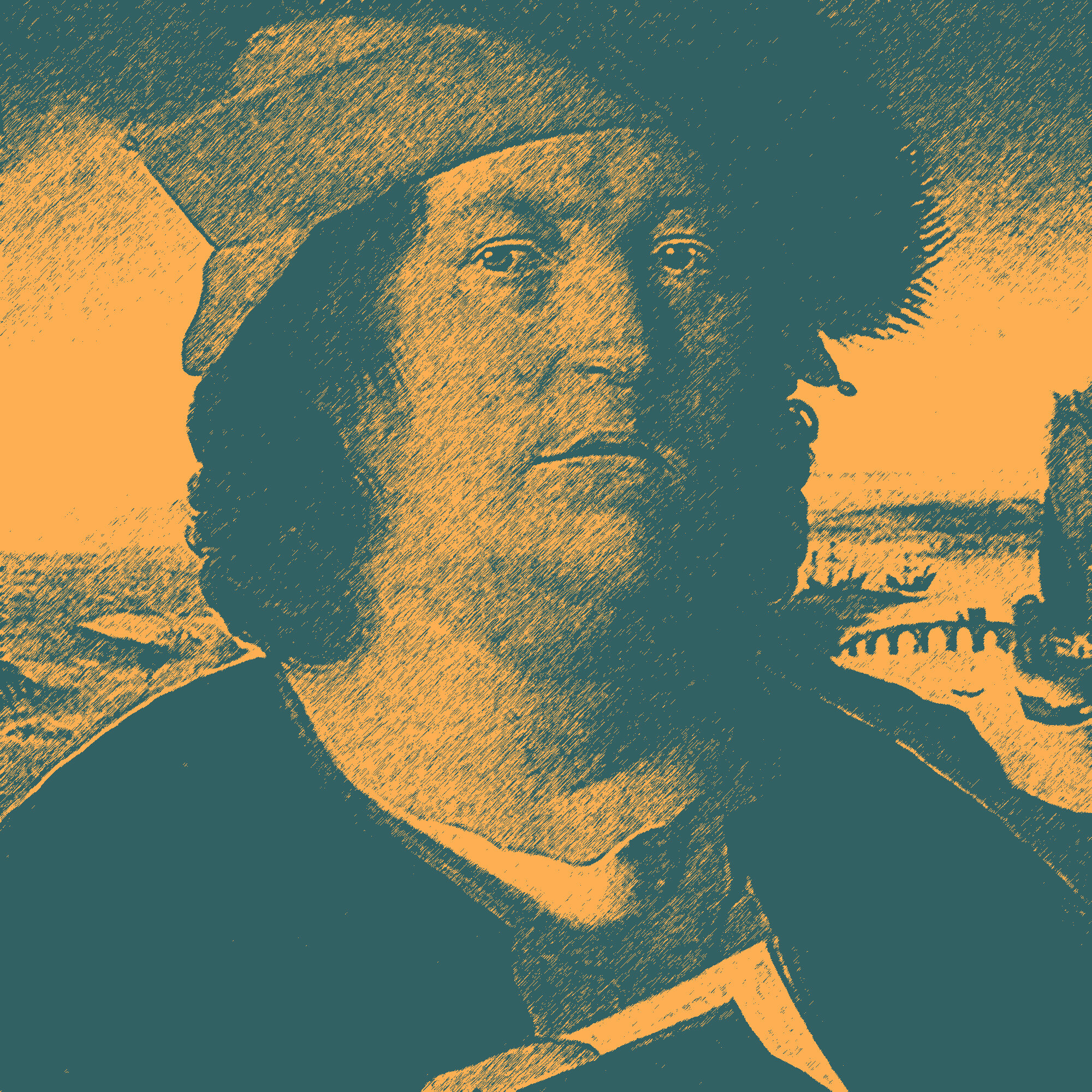
“Men who are devoid of the power of spiritual perception are unable to recognize anything that cannot be seen externally.”
— Paracelsus
PARACELSUS
1493 - 1541
Paracelsus (1493/1494 – September 24, 1541), born Philippus Aureolus Theophrastus Bombastus von Hohenheim, was a Swiss physician, alchemist, philosopher, and lay theologian of the German Renaissance. He challenged the medical orthodoxy of his day, pioneering new methods that emphasized observation, experimentation, and practical remedies over reliance on ancient authorities.
Educated in medicine and the natural sciences, Paracelsus traveled widely across Europe, acquiring knowledge from universities, folk healers, and miners, whose practical understanding of metals and chemicals influenced his medical theories. He rejected the prevailing dominance of Galen and Avicenna, insisting that nature and direct experience were the true sources of healing. His boldness earned him both admirers and fierce opponents, as he often burned the medical textbooks of antiquity in public protest.
Paracelsus introduced the use of chemicals and minerals into medicine, laying the foundation for pharmacology. He insisted that doses mattered—an insight that earned him recognition as the “father of toxicology.” His famous dictum, “The dose makes the poison,” remains a central principle in modern medicine and toxicology.
He also advanced a holistic view of health, linking the human body to the cosmos and advocating spiritual as well as physical healing. His writings combined medical practice with alchemy, theology, and philosophy, portraying disease as both a physical imbalance and a disruption of harmony with nature. Beyond medicine, his mystical Prognostications circulated widely in the 16th and 17th centuries, influencing later esoteric movements such as Rosicrucianism.
Paracelsus died in Salzburg in 1541. Though controversial in his lifetime, his legacy endured through the Paracelsian movement, which shaped early modern medicine, alchemy, and natural philosophy. Celebrated as a radical innovator, he bridged science and spirituality, leaving a lasting mark on medicine, chemistry, and esoteric thought.





